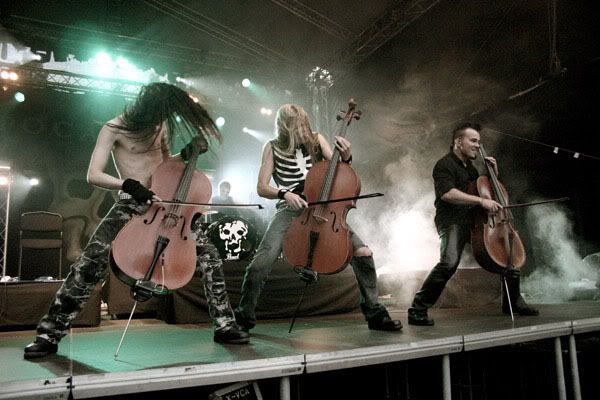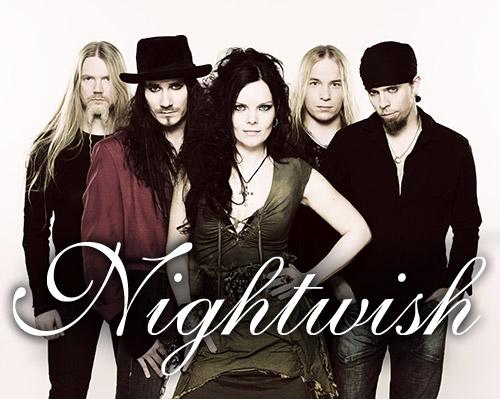Medens vi venter på lågeåbneren
har jeg denne lille julehistorien. Jeg ville gerne have fat i pladen men har ikke fundet den til salg nogensteder. Jeg ville også gerne give den til landets krigsminister, selvom moralen og julefreden i historien varede kort. Generalerne havde det rigtige middel til at få folk til at dræbe videre, nemlig at begynde at skyde sine egne. Dø – skulle de.
Men her historien om nogle få dages fred..

af--David Vernier, Classicstoday
f you're looking for a truly unique and engaging Christmas/holiday recording, you shouldn't miss this new release from the 9-member professional male vocal ensemble Cantus. Billed as a "radio musical drama", All is Calm presents songs, poetry, letters, and journal excerpts relating to the extraordinary World War I incident known as "the Christmas Truce", in which on Christmas Eve, 1914, soldiers from the trenches on both sides of the front lines in Belgium spontaneously initiated a cease-fire like no other, a celebration not only of Christmas--carols were sung back and forth, trees were lit with candles, food and drink was passed around, pictures were taken, a game of soccer was played--but also of the basic humanity all of these men shared, as they helped each other bury the dead that for days had lain unattended across no man's land.
With first-rate new musical arrangements by Cantus members Erick Lichte and Timothy Takach, and with dramatic recitations by members of Minneapolis-based Theater Latté Da, whose artistic director Peter Rothstein conceived the project, the program artfully leads, from the point of view of the soldiers, from a Prologue (a beautiful rendition of the song "Will Ye Go to Flanders?") through various stages of the men's experience at the beginning of war--"Optimistic Departure"--to the "Grim Reality" of battle, cold, hunger, and death, and then to the events of the Christmas truce itself. The disc closes with a "Return to Battle" and an Epilogue.
The story is told with lots of music--contemporary popular songs such as "It's a long way to Tipperary", "The Old Barbed Wire", "Keep the home fires burning", as well as Christmas carols and songs "O Tannenbaum", "Good King Wenceslas", "In dulci jubilo", "O come, o come Emmanuel", "Minuit chrétiens" (O holy night), and "Silent Night". As you will expect if you've ever heard a Cantus performance, the singing is absolutely top-notch, and the spoken parts--including words written both by "ordinary" and well-known soldiers (namely Wilfred Owen and Siefgried Sassoon)--are equally eloquent and moving, and are perfectly juxtaposed with and often simultaneously performed with the music. This is a production intended to be experienced in its entirety (although the CD is divided into separate tracks), and indeed these performers are presenting it in concerts this season in Minneapolis (check the Cantus website for information).
Although the remarkable events of the Christmas Truce (in some places it lasted until New Year's!) were not widely reported at the time (bad for the business of war) nor for decades after, they have recently inspired a film, Joyeux Noël, and several books, including Silent Night by Stanley Weintraub. This excellent "radio musical drama" promises to extend its fame to a greater audience, involving listeners with its engaging music and affecting prose and poetry, while leaving us to ponder the incident's underlying, poignantly provocative question: what would happen if those sent to fight each other instead laid down their arms, crossed the lines, shook hands, shared a beer, a meal, photographs of their families, and sang a few songs together? [11/14/2008]
mvh. SES.
To listen is an effort, and just to hear is no merit. A duck hears also. Igor Stravinsky
Vi har alle lært at skjule vore fordomme, og vi viser ikke vore forkerte meninger. PO Enquist 1976.
 .
. .
.

.jpg)








)
